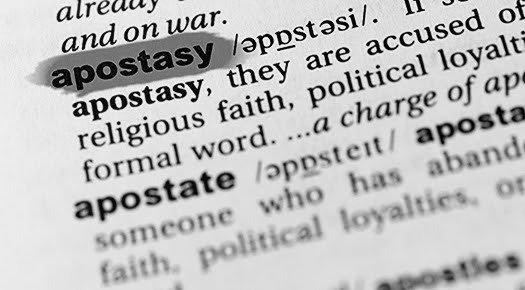
Photo Credits: Joy Digital
On March 8th, Mohamed Hassan Arabi, a member of the Sudanese transitional government, announced that his government will remove the death penalty for “apostasy” by repealing Article 126 of the Penal Code.
The problematic article of the Penal Code reads: “Whoever commits apostasy shall be asked to repent within a period decided by the court and if he insisted on his apostasy and was not a new convert he shall be punished with death.” This part of the code would be replaced by an article criminalizing “takfir” – the act of accusing another individual an apostate or non-believer.
If approved, the bill will put an end to the violation of human rights, like the right to freedom of religion or belief and freedom of expression.
Sudan is one of twelve countries in the world punishing “apostasy” by death. The country’s criminal code is highly influenced by Sharia Laws and they were institutionalized by Omar al-Bashir, who served as the seventh President of Sudan from 1989 to 2019. The Islamic thinker Mahmoud Mohamed Taha was executed in January 1985 for sedition and apostasy. Also, Meriam Ibrahim, a Christian Sudanese was sentenced to death for apostasy in May 2014 but released in July of the same year after an international campaign. The newly appointed minister of justice, Nasredeen Abdulbari, wants to bring the penal code in line with international human rights standards.
As Humanist International reports, in May 2017, Mohamed Salih was arrested for “apostasy” after writing to a Sudanese court that he wanted to change the religion listed on his national identification card from ‘Islam’ to ‘atheist’ or ‘non-religious.’ The case was later dismissed following a psychiatric test (which his defense never asked for) which purported that Salih was not mentally competent to stand trial.
Ahmed Shaheed, the UN Special Rapporteur on Freedom of Religion or Belief, commented the Sudan’s move: “I welcome steps being taken in the Republic of the Sudan to abolish the death penalty for apostasy and penalize takfirism. I call on Sudan to ensure that it fully respects the rights to freedom of religion or belief and freedom of expression.”
